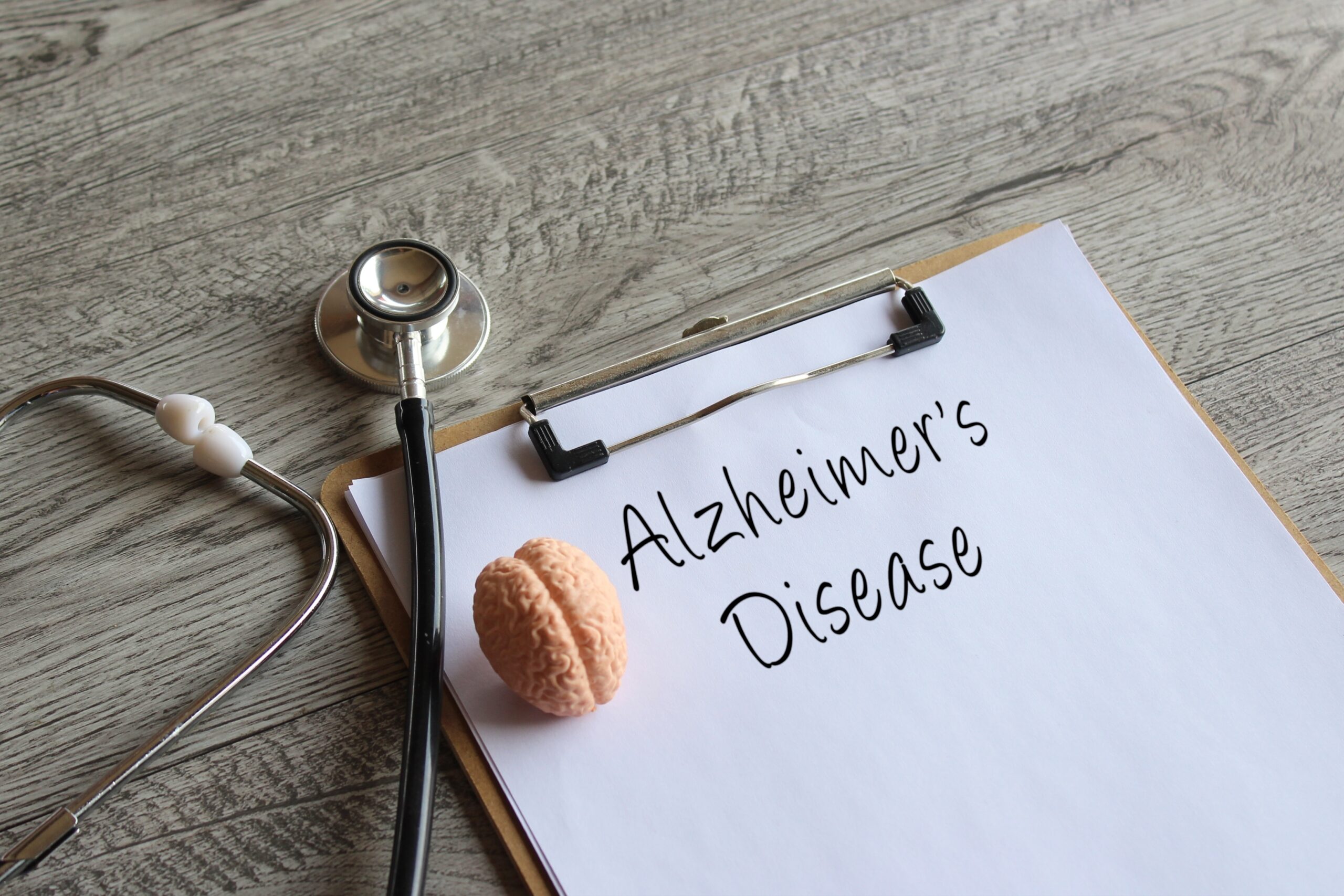Why do some memories linger vividly while others vanish into oblivion, and what role does the brain play in this selective retention?
Story Snapshot
- The brain’s memory retention is influenced by emotional intensity and context.
- Breakthroughs in neuroscience reveal mechanisms behind unforgettable memories.
- Emotional arousal and sleep are crucial for memory consolidation.
- Ongoing research may lead to treatments for memory disorders and cognitive enhancement.
Understanding Memory Formation
The brain’s ability to remember certain moments while letting others slip away is a sophisticated process involving multiple mechanisms. Memory formation relies heavily on synaptic plasticity, where the strength of connections between neurons is altered. This plasticity is central to encoding new information. Long-term potentiation (LTP), a key mechanism discovered between the 1970s and 1990s, enhances synaptic connections, making certain experiences memorable. During this period, scientists also identified long-term depression (LTD) as a mechanism for weakening synaptic connections, playing a crucial role in memory retention.
The hippocampus, a critical brain structure, is pivotal in memory encoding and consolidation. Early 20th-century research localized memory functions to the hippocampus, setting the stage for further discoveries. Molecular pathways involving proteins like CaMKII and CREB have emerged as essential for regulating memory processes. These pathways facilitate the encoding and consolidation of memories by influencing synaptic plasticity.
The Role of Emotion and Attention
Emotion and attention significantly impact which experiences become unforgettable. Emotional arousal triggers the release of stress hormones, enhancing the encoding of emotionally salient events. This phenomenon explains why emotionally charged moments, such as weddings or traumatic incidents, often remain etched in our minds. The amygdala, a brain structure associated with emotion, works in conjunction with the hippocampus to prioritize emotionally significant memories for long-term retention.
Attention also plays a crucial role in memory retention. Experiences that capture our focus are more likely to be encoded into long-term memory. Repetition further strengthens these memories, making them more resistant to forgetting. The interplay between emotion, attention, and repetition underscores the complexity of memory formation, as highlighted by experts like Joseph LeDoux.
Recent Advances and Clinical Implications
Recent research continues to advance our understanding of memory mechanisms. Studies have confirmed the importance of the CREB protein in consolidating memories, particularly during sleep. Sleep stabilizes memories by reinforcing synaptic connections, highlighting its critical role in memory retention. Neuroimaging techniques now allow scientists to visualize memory traces and engrams, providing insights into how memories are stored and retrieved.
Exciting findings in neurogenesis suggest that exercise and enriched environments may enhance memory formation. This has significant implications for clinical treatments targeting memory disorders such as Alzheimer’s and PTSD. Researchers emphasize the need to understand emotional memory better, as it may lead to improved therapies for trauma-related conditions.
Future Directions in Memory Research
Ongoing studies explore the molecular basis of memory selection and consolidation, with potential applications in cognitive enhancement. Clinical trials are investigating interventions to boost memory retention, offering hope for individuals suffering from memory decline. As our understanding of memory mechanisms deepens, it opens doors to innovative treatments and lifestyle interventions that can improve cognitive health.
The implications of this research extend beyond individual well-being, impacting broader societal and economic factors. An increased focus on cognitive health may drive funding for neuroscience research and influence policy decisions related to mental health and aging. The pharmaceutical industry is likely to develop drugs targeting memory pathways, while the tech sector explores brain-computer interfaces and memory augmentation.
Sources:








